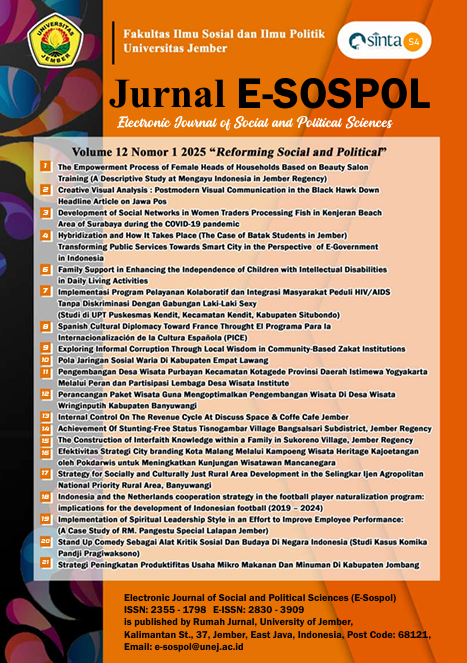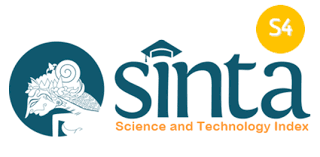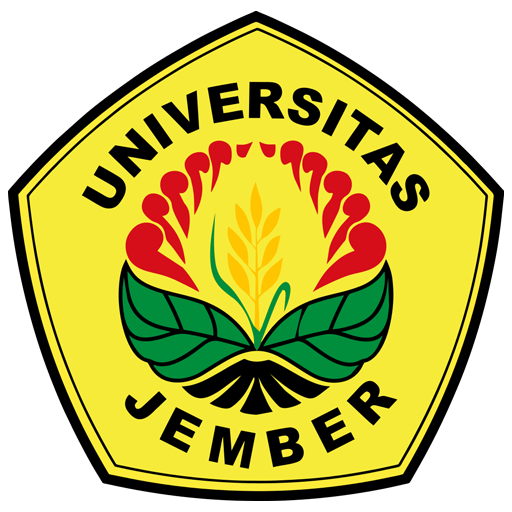Exploring Informal Corruption Through Local Wisdom in Community-Based Zakat Institutions
DOI:
https://doi.org/10.19184/e-sospol.v12i1.53719Abstract
Community-based zakat management is a critical component of Islamic welfare systems, grounded in participation, social trust, and local wisdom. However, such systems are not immune to informal corruption. This study investigates the forms and drivers of informal corruption in local zakat distribution and examines how local cultural norms may legitimize or mitigate such practices. Using a qualitative approach with a descriptive-analytical design, the research integrates literature review, discourse analysis, and case documentation in Putukrejo village. Findings reveal three major patterns of informal corruption: nepotistic distribution, discretionary deductions by zakat managers, and non-transparent reporting. These are legitimized through patron-client relationships, elite dominance, and uncritical local norms. The study argues for a hybrid governance model combining public deliberation, community-based transparency, and social auditing. Reinvigorating local wisdom as a form of ethical control aligned with Islamic public ethics is essential to establishing a more equitable, participatory, and accountable zakat governance framework.
Downloads
Downloads
Published
Issue
Section
License
Penulis yang mengusulkan naskahnya untuk dapat diproses penerbitannya pada e-SOSPOL dianggap telah menyetujui beberapa hal sebagai berikut:
1. Penulis tidak dapat menarik naskah yang telah usulkan untuk diproses hingga mendapat jawaban dari Ketua Dewan Penyunting atas status naskah artikel ilmiahnya (diterima atau ditolak untuk diterbitkan).
2. Penerbit tidak bertanggung jawab terhadap kasus plagiasi atas artikel yang terbit pada e-SOSPOL
3. Penerbit tidak bertanggung jawab atas data dan isi dari artikel yang diterbitkan pada e-SOSPOL, dan sepenuhnya merupakan tanggung jawab penulis.








